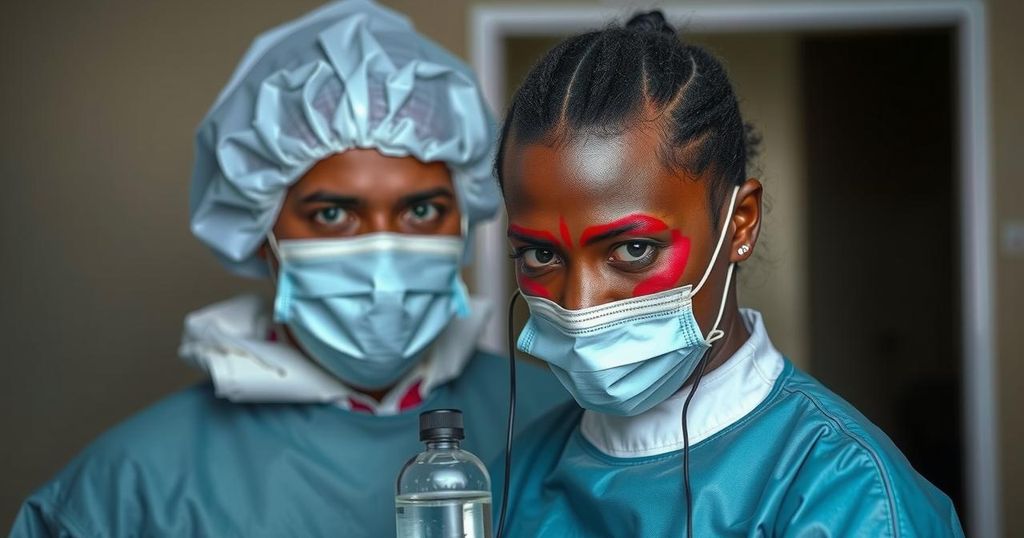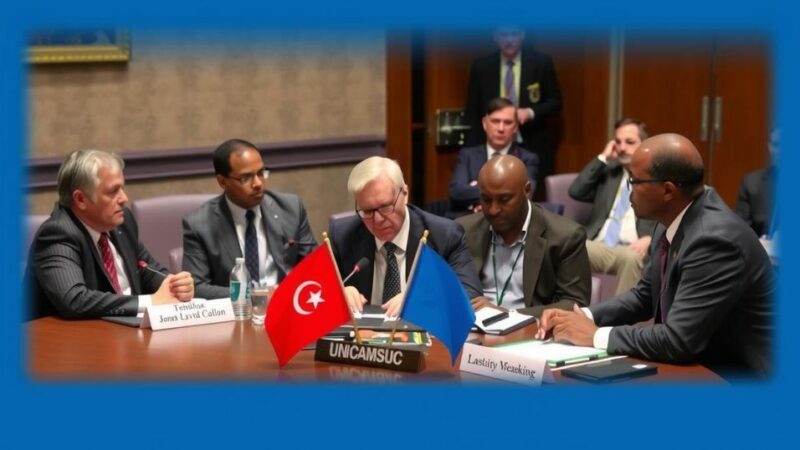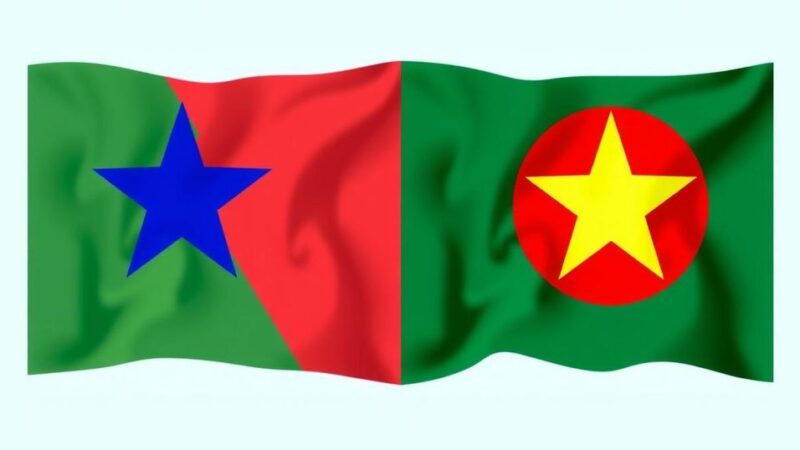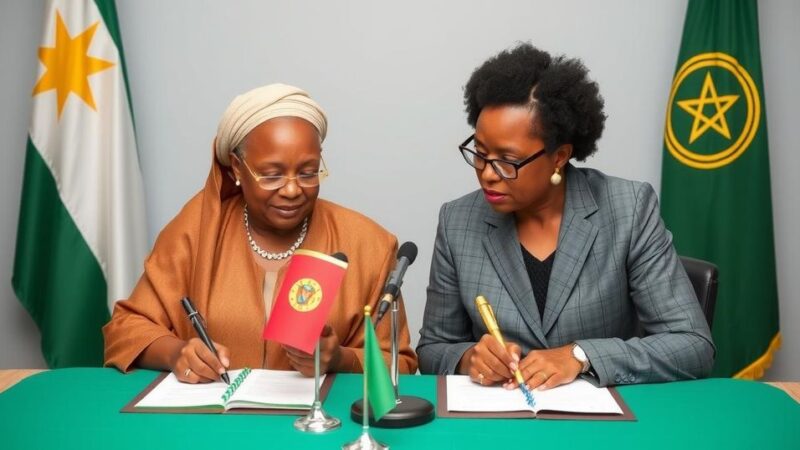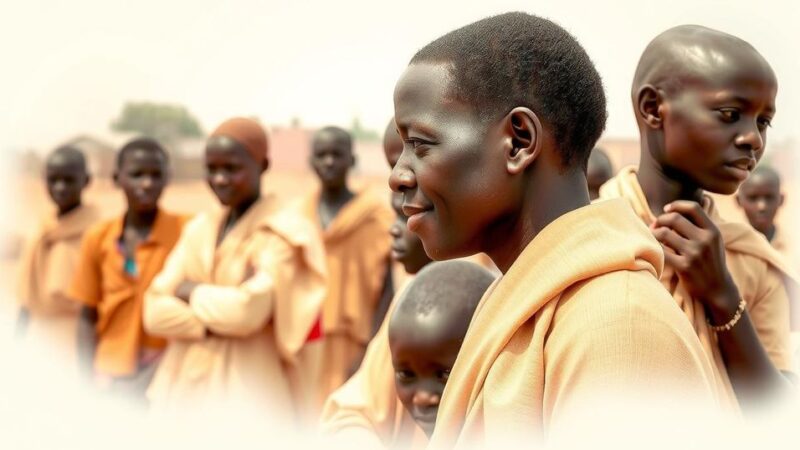The DRC is grappling with a new disease outbreak, referred to as Disease X, which has resulted in at least 79 deaths and hundreds of infections. The Africa CDC is working with local authorities to identify the disease’s causes, while the WHO sends experts to help investigate. Health officials emphasize the need for improved hygiene and strong laboratory capabilities to prevent further outbreaks.
The Democratic Republic of Congo (DRC) is facing an urgent health crisis as officials work to identify a new disease, currently referred to as Disease X, which has resulted in at least 79 fatalities and impacted hundreds more individuals. Dr. Jean Kaseya, the director-general of Africa CDC, stressed the need for rapid scientific analysis and thorough investigation, expressing frustration over delays in the disease surveillance system. Initial reports indicate that the disease manifests flu-like symptoms, and the World Health Organization (WHO) is now sending experts to assist in the investigation. Meanwhile, health professionals are advocating for improved hygiene practices and increased surveillance to avoid a broader outbreak. The DRC is also contending with an ongoing mpox outbreak, highlighting the urgent need for public health vigilance and efficient laboratory capabilities.
The situation in the DRC is critical as the Africa CDC and WHO mobilize resources to investigate a newly identified disease with flu-like symptoms that has claimed numerous lives. Identified in the Panzi district in late October, this disease has raised alarms due to its rapid onset and affects primarily young children. The failure of the surveillance systems and laboratory capacities exacerbates the crisis, prompting calls for immediate action to prevent further loss of life and containment measures. Amidst this outbreak, the DRC is simultaneously managing an mpox outbreak, which complicates the health landscape further.
In summary, the health crisis in the DRC due to the unidentified Disease X calls for urgent action and coordinated response efforts from health authorities and government bodies. With the Africa CDC and WHO involved in the investigation, the emphasis on strengthening public health infrastructure, including laboratory capabilities and surveillance systems, is crucial. Health specialists urge the public to remain calm while reinforcing hygienic practices to mitigate the risk of disease spread, particularly as young children are disproportionately affected.
Original Source: www.voanews.com
